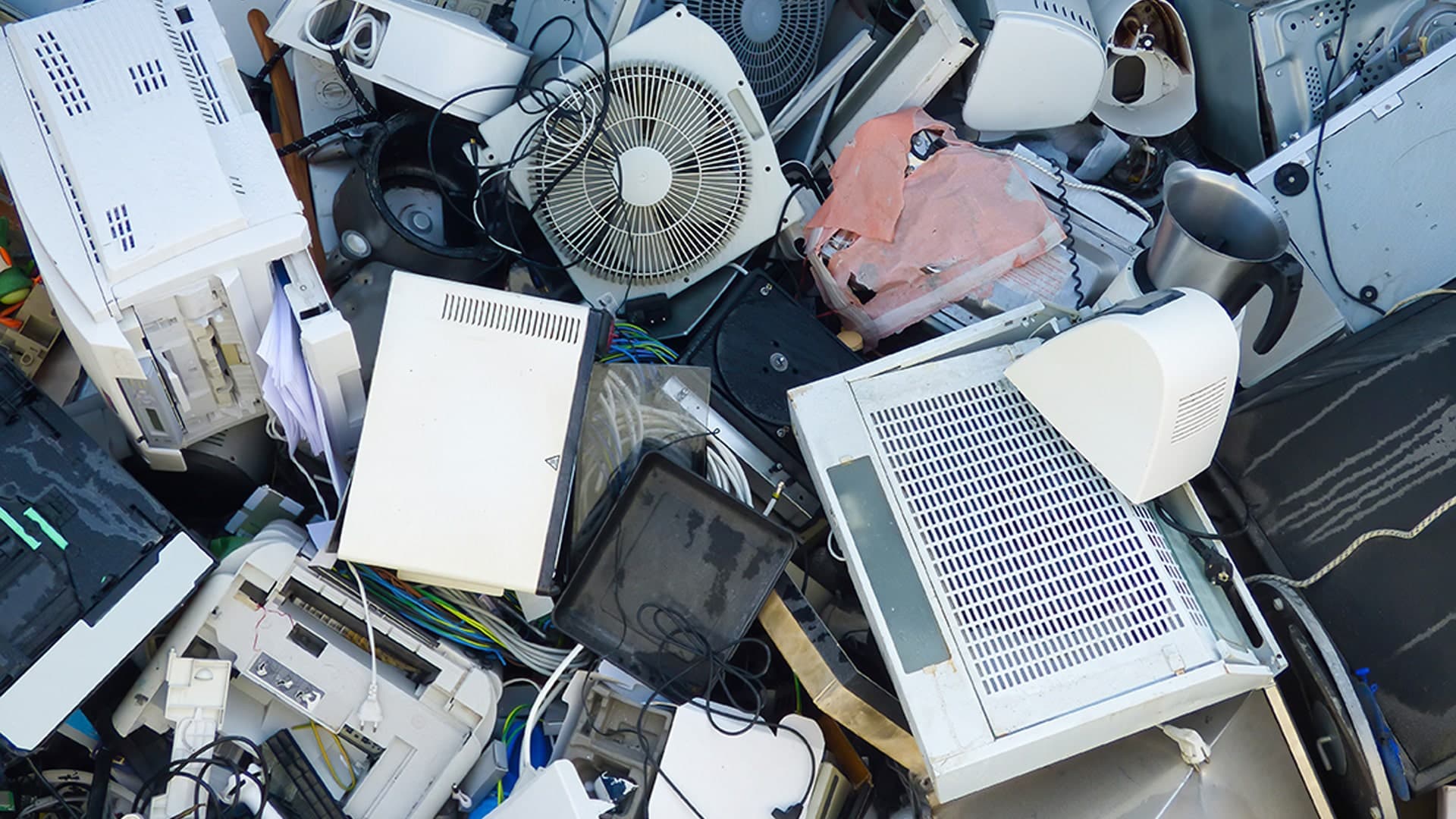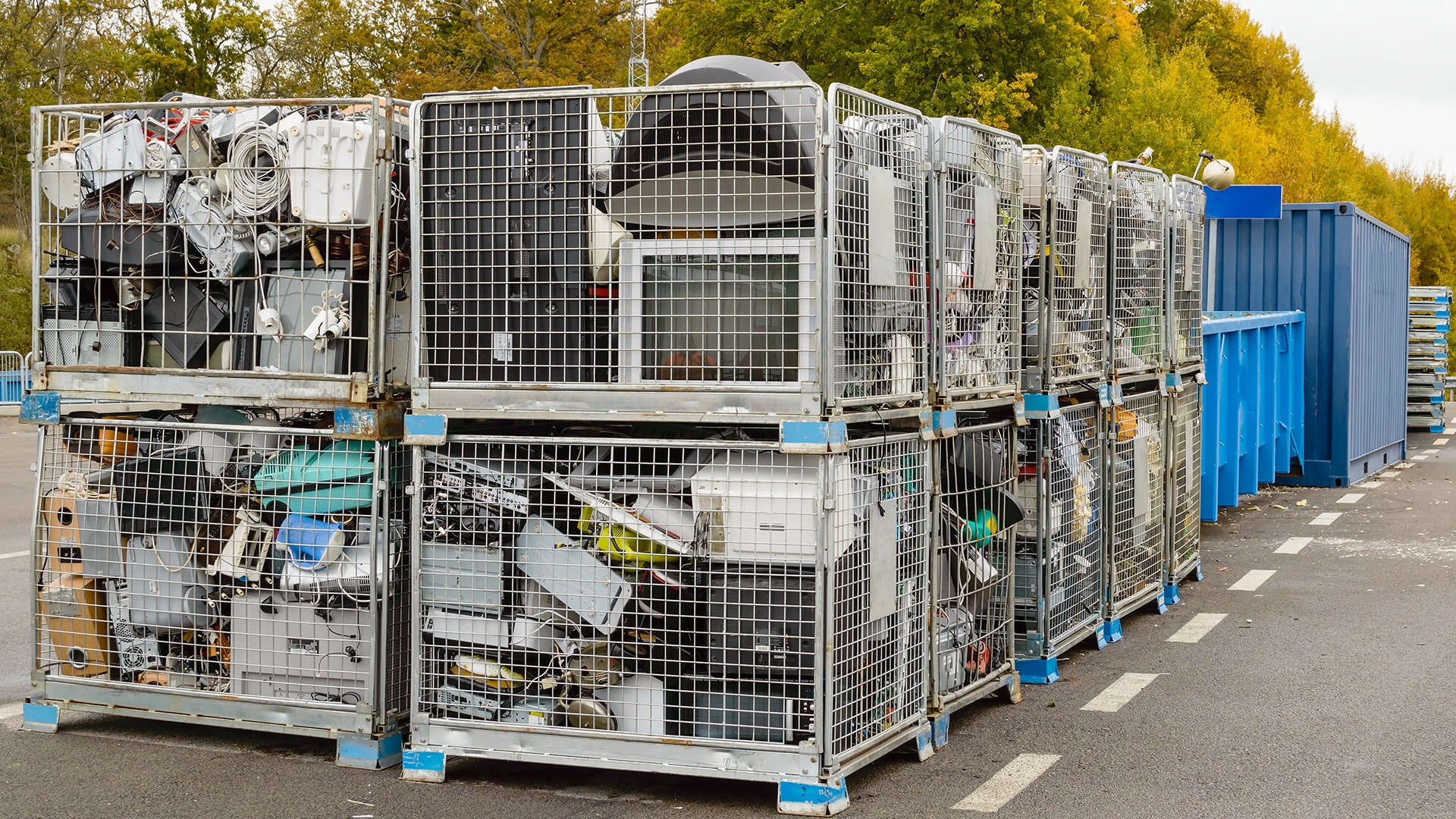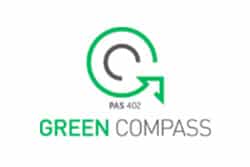WEEE stands for Waste Electrical and Electronic Equipment recycling.
It can be difficult to know how to dispose of electronic waste. This type of waste isn’t easily recyclable and often ends up being sent straight to landfill; its more toxic elements – such as the lead and mercury used in creating many of them – often seeping into the soil and water nearby.
When it comes to electronic waste disposal, it’s best to trust this task to a specialist.
What is e-waste?
E-waste is a commonly used, shortened way to refer to electronic waste. When someone talks about e-waste, they are referring to the components that make up the electrical appliances we rely on daily.

This includes:
- Fridges/Freezers
- Vacuum Cleaners
- Ovens
- Microwaves
- Dishwashers
- Washing Machines
- TVs
- Old Computers
- Mobile Phones
- Toys
- Smoke Detectors
- Wires & Cables
- Irons
- Toasters
- Gaming Consoles
Basically, any item with a battery or a plug. The above is far from an exhaustive list, however, with many of these items, they’re usually made up of components that contain non-renewable materials, including copper, aluminum and cobalt.
These materials, whilst valuable in the hands of those who know how to recycle them, are often seen as too complex by most and, as a result, are dumped and wasted at a landfill.
How much e-waste is discarded each year, in the world?
It’s believed that, as a planet, we generate around 50 million tonnes of electronic waste a year, a staggering figure.
However, the UK alone is responsible for about 6 million of these tonnes. A crazy statistic and one that needs to be addressed with specialist disposal services designed to cater to this growing concern.
UNITAR – the United Nations Institute for Training and Research, an authority in this area, reported that, as of 2022, only 22.3% of global e-waste was reported to have been properly collected and recycled.
How to dispose of electronic waste in an ethical manner
At the moment, most of the UK’s electronic waste is being exported to other countries like China, Africa and India, taking an out of sight, out of mind approach to the problem.
However, we don’t think this is ethical.
So, the question is, how can we reduce e-waste in a more ethical fashion?
Whilst progress has been made in figuring out how to recycle mobile phones, old computers and other appliances – with specialist Approved Authorised Treatment Facilities (AATFs) taking apart these items, draining them of toxic chemicals, and reusing their components wherever possible – it can still be quite a complicated and cost-intensive process.
Given the amount of electronic waste we produce in the UK, and the scale of recycling required, prevention will always be better than cure.
The National History Museum have proposed a number of suggestions for reducing the amount of e-waste the UK annually produces, which we think are equal parts brilliant and practical.
Here are a few:
- Space out your upgrades more – don’t be in such a rush to get the latest phone or laptop. This sort of fast fashion approach to technology has led to a lot more electronic waste being produced.
- Share the love – Perhaps you can pass the item down to someone newer to your team or a person in your family who requires something similar.
- Take them to the experts – despite our best efforts, electronic waste will likely always be an issue. This is where waste management specialists like RTS come in. If you need help getting rid of your electronic waste the right way, please don’t hesitate to get in touch.
We highly recommend checking out the article by the National History Museum as it’s quite insightful.











